It’s all fun and games ’til Santa checks the naughty list.”AND “Dear Santa, before I explain, how much do you know already?”- Unknown
In 2024, the line between naughty and nice has been blurred, and it has been hard to sift through the barrage of misinformation to separate the good from the bad, and the truth from the lies. There are days when we feel that we can get through things, and days when our emotions are at the bottom of the well. It’s been that type of year. So let’s look for what will raise our spirits in this holiday space. Is there anything good to give us hope? The answer is yes, even though democracy in the world is hanging by a thread, there have been some good policies and ideas put into place to revive my sense of well being.
On the environmental front, it turns out that in Ecuador, New Zealand, and Brazil; rivers, mountains, forests, waves, dolphins and whales have been given legal personhood. According to Jacqueline Gallant, who works for the Earth Rights Research and Action program at New York University School of Law, some countries are pushing the boundaries of legal imagination. Gallant stated that “Legal personhood provides the understanding that nature and living non-human beings should be understood as subjects [as opposed to objects] – with intrinsic value and interests and needs of their own.” We need to expand these actions to more countries so that nature can be truly represented. There is more positive environmental news which comes out of the UK. Coal has been polluting the atmosphere for decades and the UK has closed its last coal fired plant, which will reduce carbon emissions. The good eco-news keeps coming, as there are new ocean protections in the Azores, Amazon Deforestation reached a nine year low, and on El Hierro, the most westerly of the Canary Islands, energy generated via wind and water has enabled its 11,000 inhabitants to be completely self-sufficient in electricity for 10,000 hours since the project was established. Continuing in the victory column, the Supreme Court of the State of Montana upheld a landmark trial court decision from last August which decided in favor of 16 young people who said their health and futures were being jeopardized by climate change, which the state aggravates through its permitting of energy projects. So while gloom and doom seems pervasive in the US, as well as some democracies in the EU, Asia and other parts of the globe: innovators, scientists, engineers, lawyers, teachers and policy wonks are working to get the pendulum to swing in a more positive direction.
On this episode of TMSOG podcast, our resident environmentalist, political analyst and curmudgeon, George Polisner, founder of Civ.works, gives us some insight into environmental, economic and political issues. We talk about positive green news, nature being given legal personhood, Dr. Strangelove, externalities and the impending rise of an oligarchy in the US. For more info go to civ.works/defend. Check out The Museum of Motherhood https://mommuseum.org/ founded by Joy Rose. Take personal action and be proactive and if you can, please donate to an environmental organization which fights for the planet. Earth Justice is a wonderful organization to check out, as the Earth needs a good lawyer, go to https://earthjustice.org/
To listen to past TMSOG shows go to HudsonRiverRadio.com and Malcolmpresents.com. Follow The Many Shades of Green on Facebook, Instagram and Threads @tmshadesofgreen and on Blue Sky @tmshadesofgreen.bsky.social. Listen to TMSOG podcasts on all major podcast apps. #RaiseYourEcoConsciousness
TMSOG is on Feedspot’s list of the 50 Best Environmental Podcasts.

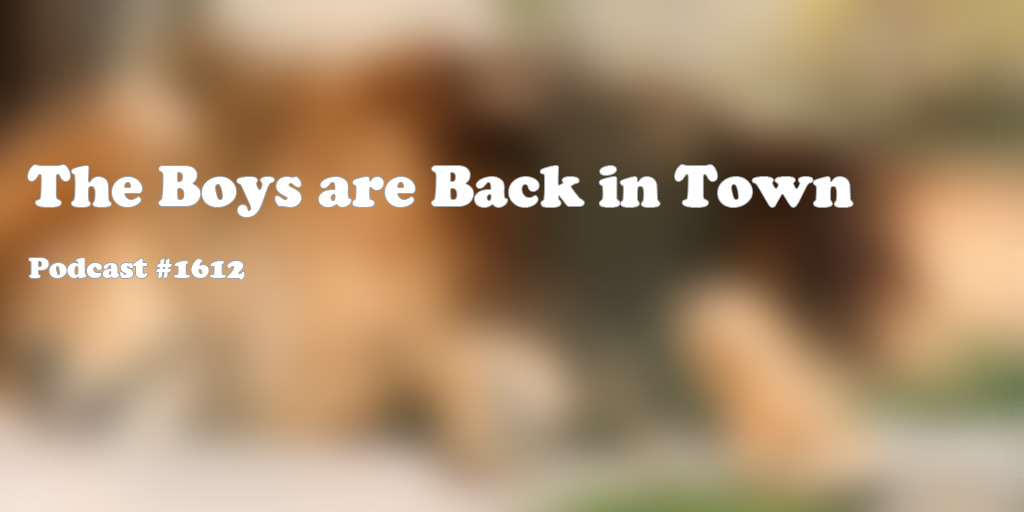
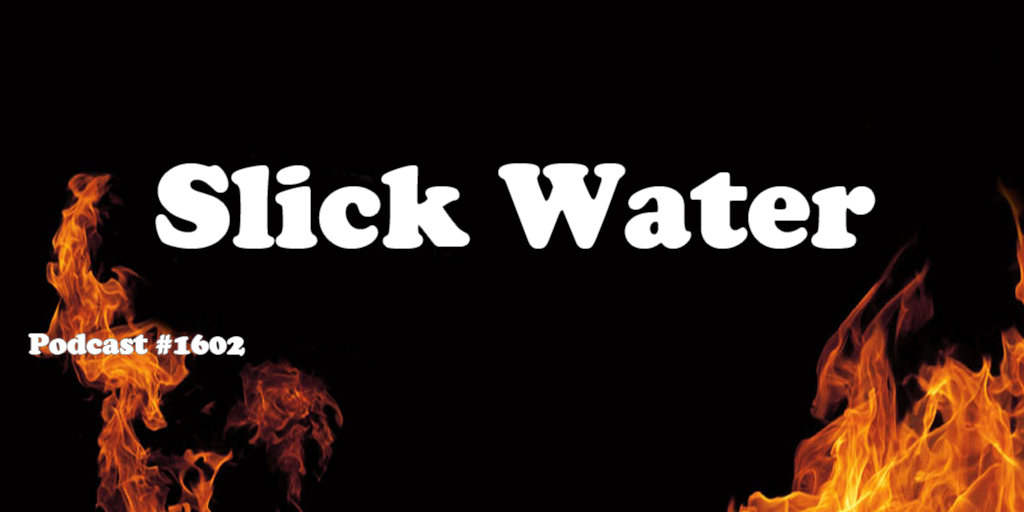
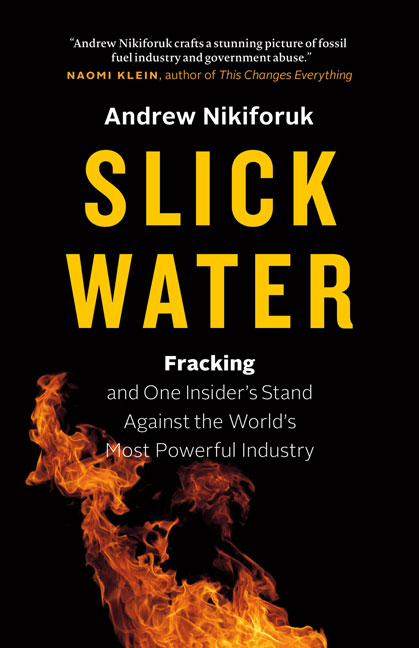 It is no secret that mainstream media coverage of environmental issues is slow-moving, and many stories go un-reported in the press. Climate change deniers spout their ideology with reckless abandon. Enter my guest this week, Andrew Nikiforuk, an award winning environmental writer based in Calgary, Canada, who has written a new book about the hydraulic fracturing industry entitled Slick Water: Fracking and One Insider’s Stand Against the World’s Most Powerful Industry. The book traces the saga of Jessica Ernst, and the path she takes to hold Encana Oil and Canada’s environmental government agencies, responsible for secretly fracking hundreds of gas wells around her home, in a rural area northeast of Calgary. A cover-up ensues, which leads Ms. Ernst to take legal action against the various parties for their role in contaminating land, water and air in her community. For more information
It is no secret that mainstream media coverage of environmental issues is slow-moving, and many stories go un-reported in the press. Climate change deniers spout their ideology with reckless abandon. Enter my guest this week, Andrew Nikiforuk, an award winning environmental writer based in Calgary, Canada, who has written a new book about the hydraulic fracturing industry entitled Slick Water: Fracking and One Insider’s Stand Against the World’s Most Powerful Industry. The book traces the saga of Jessica Ernst, and the path she takes to hold Encana Oil and Canada’s environmental government agencies, responsible for secretly fracking hundreds of gas wells around her home, in a rural area northeast of Calgary. A cover-up ensues, which leads Ms. Ernst to take legal action against the various parties for their role in contaminating land, water and air in her community. For more information 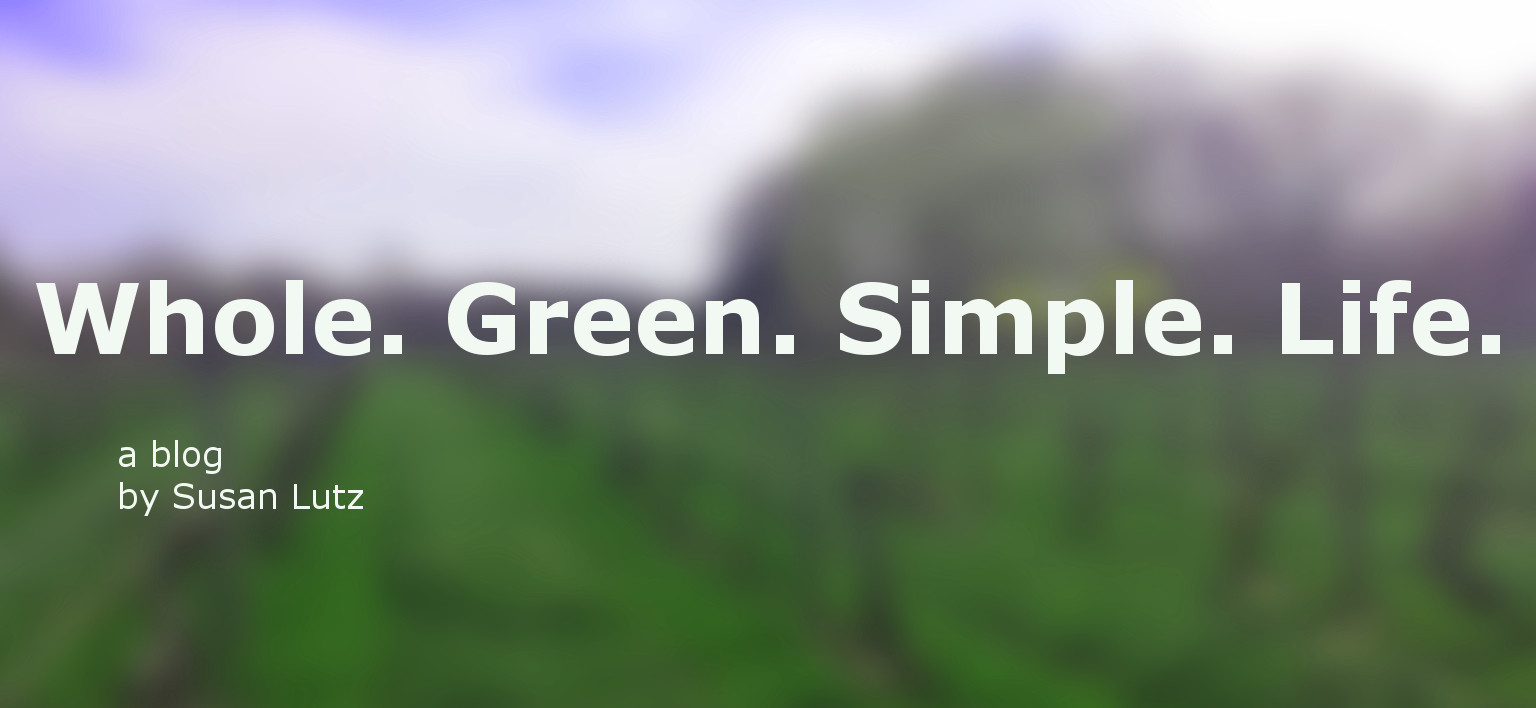
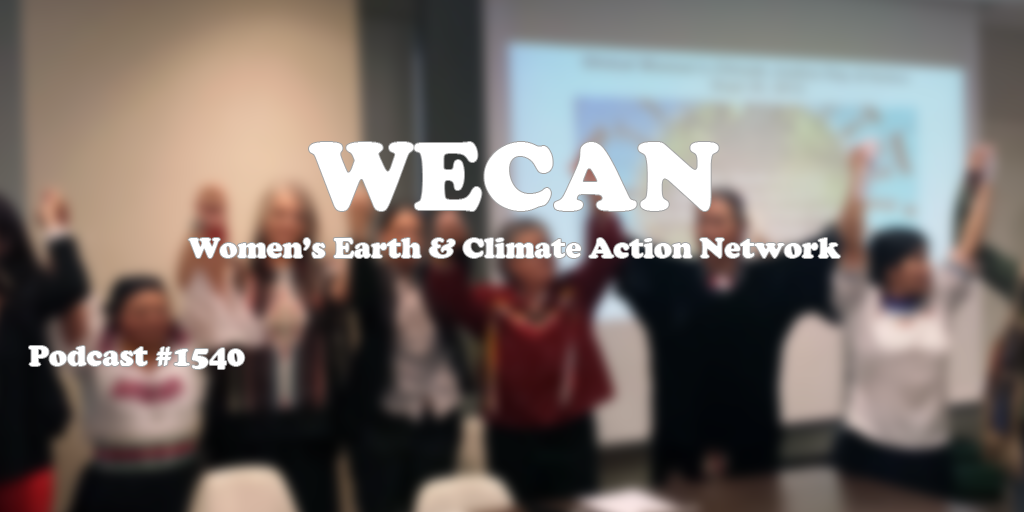
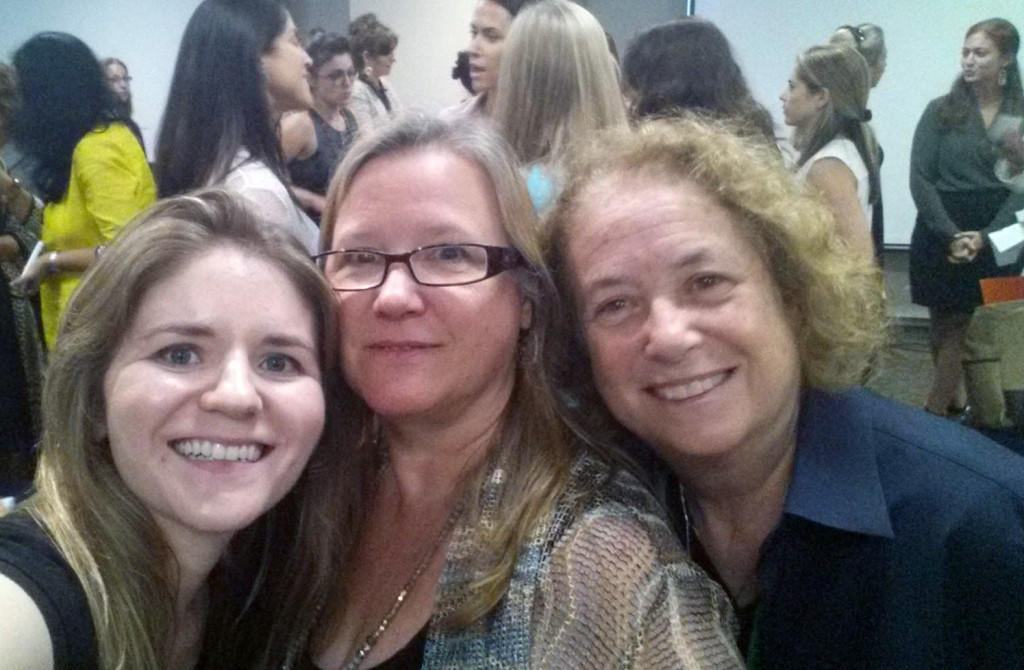 This weeks episode takes us to the Global Women’s Climate Justice Day of Action at the UN, sponsored by the Women’s Earth and Climate Action Network (WECAN). This event was attended by women from over 50 countries. To have such a collection of amazing women in one place, who presented stories of courage and resilience in combating climate change was deeply touching. Women play a key role in adapting solutions to climate change, and it was an honor to speak with WECAN founder Osprey Lake, environmentalist visionary Sally Ranney, as well as Neha Misra founder of Solar Sister, Harriet Shugarman Executive Director of ClimateMama, Executive Director of CELF Katie Ginsberg and student Coreena, and Patricia Gualinga-Montalvo, Indigenous Leader of Ecuador, whose interview was translated by Amazon Watch’s Executive Director Leila Salazar-López. For more information visit
This weeks episode takes us to the Global Women’s Climate Justice Day of Action at the UN, sponsored by the Women’s Earth and Climate Action Network (WECAN). This event was attended by women from over 50 countries. To have such a collection of amazing women in one place, who presented stories of courage and resilience in combating climate change was deeply touching. Women play a key role in adapting solutions to climate change, and it was an honor to speak with WECAN founder Osprey Lake, environmentalist visionary Sally Ranney, as well as Neha Misra founder of Solar Sister, Harriet Shugarman Executive Director of ClimateMama, Executive Director of CELF Katie Ginsberg and student Coreena, and Patricia Gualinga-Montalvo, Indigenous Leader of Ecuador, whose interview was translated by Amazon Watch’s Executive Director Leila Salazar-López. For more information visit